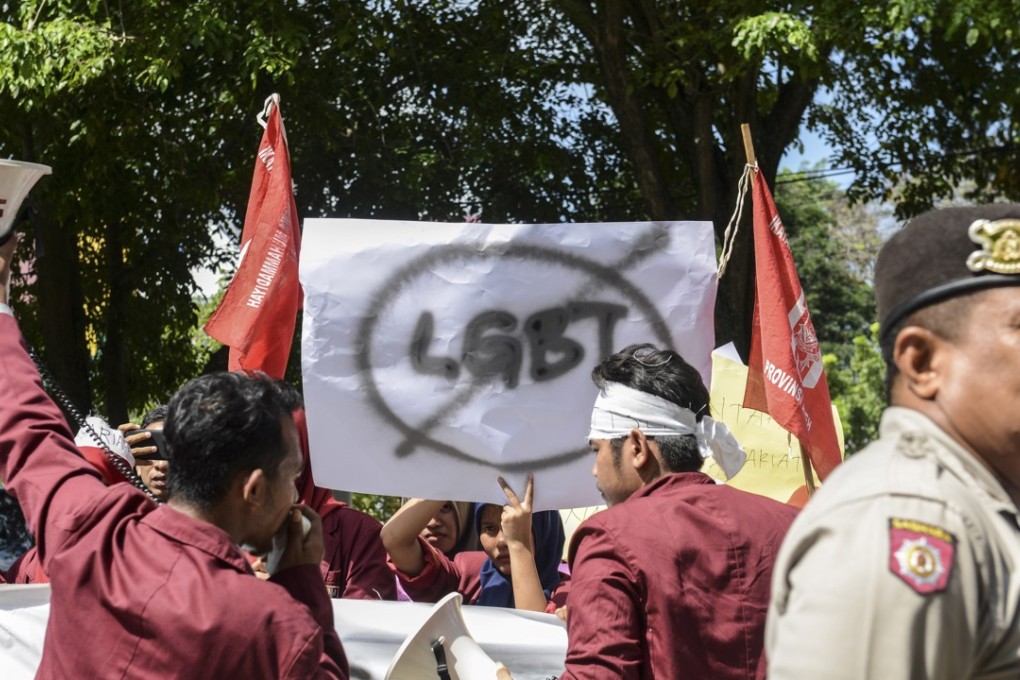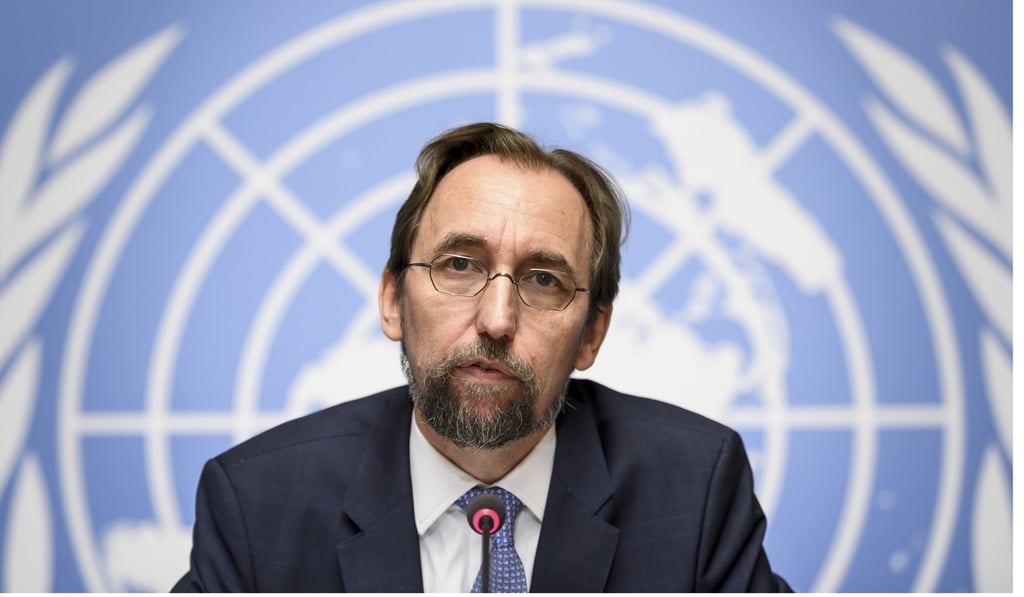Indonesia to criminalise homosexual and extramarital sex under proposed law changes
If the parliament vote in favour of amendments to the criminal code, same-sex relations and sex outside wedlock will be outlawed. Critics fear it will also limit free speech and sex education

A plan by Indonesia’s House of Representatives to revise the country’s criminal code has sparked fear and debate about human rights across the Southeast Asian nation.
If passed, amendments to the document, known as Kitab Undang-Undang Hukum Pidana (KUHP), would criminalise same-sex relations and extramarital sex. The changes would also limit free speech and sex education, critics say. Civil society organisations and human rights observers have expressed serious concerns about the proposal.
Indonesia enacts law that makes criticising politicians a crime, and Widodo can’t do anything about it
The United Nations High Commissioner on Human Rights, Zeid Ra’ad Al Hussein, has stepped into the fray. During his visit to Indonesia in February, Hussein urged parliament to resist attempts to introduce new forms of discrimination to the penal code.
“These proposed amendments will in effect criminalise large sections of the poor and marginalised. They are inherently discriminatory,” he said at a press conference in Jakarta.
